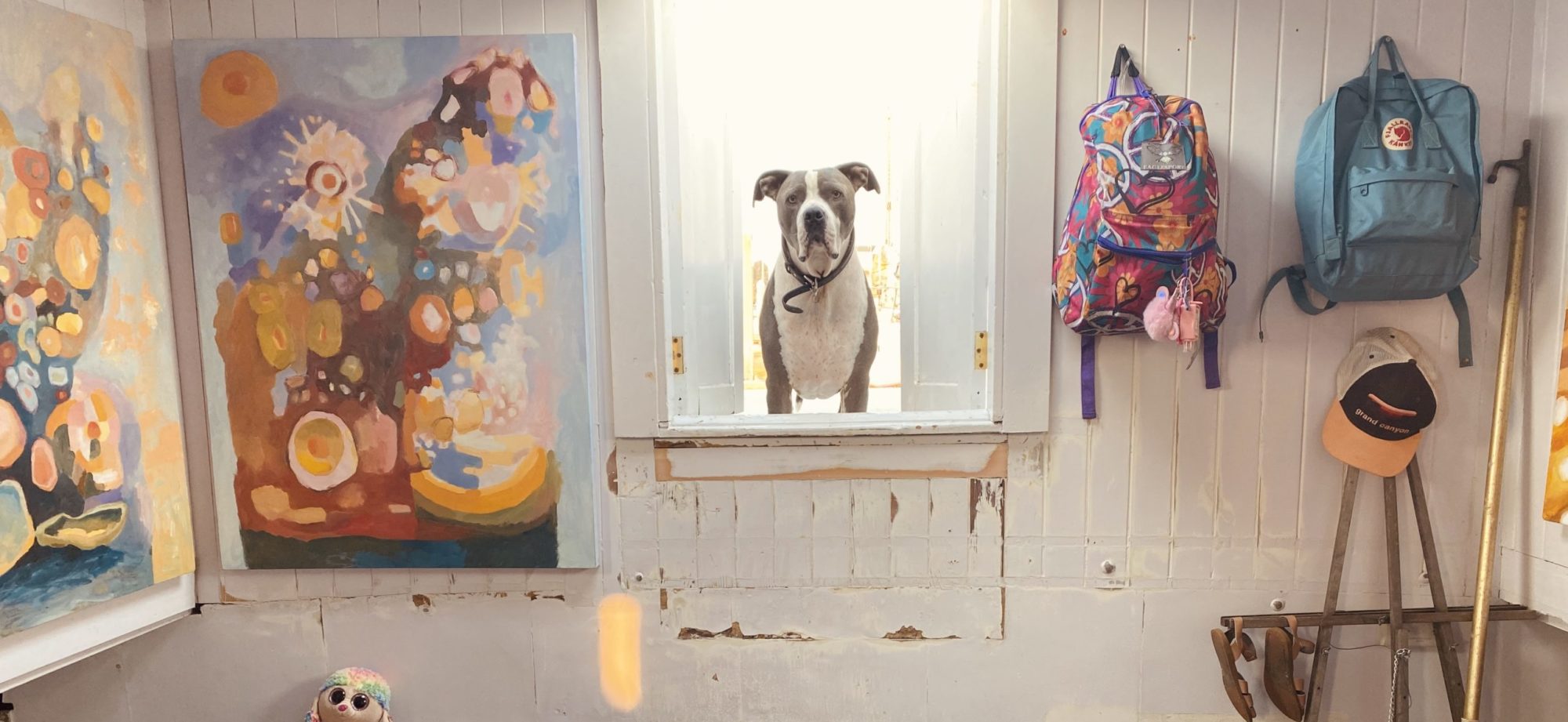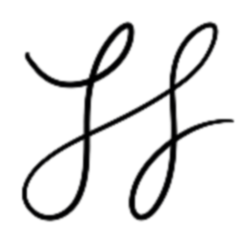
We’ve lived in this rental house for a year now, and the place is finally beginning to fit like a glove. Though a temporary rental (we begin building this year on a lot down the road), we have given it our patina. We have adopted and lost two pet fish here, but also begun raising the chicks, who have, for their part, done a tremendous job connecting us with the outdoors. In mid-July. In Texas. Which seems entirely difficult, given the heat, but by God we have learned to enjoy it and sweat it out. By the bucketsful.
Today in a tube dress, straw hat, pigskin gloves and flip flops, I cut and nailed rolls of galvanized builder’s cloth to the pesto-colored poultry tractor. As I tatted away in the shade, the little chiquitas chased each other for earwigs, sometimes peeping quietly by my side, asking for a wing. Boo, the bold one (because they really do have different personalities), flit perch-by-perch to my neck, where she inquisitively pecked at my moles and freckles. The other two weaved around the timber, little Buffalo shortshanks they’ve become, content to scratch around my workspace, dusting themselves occasionally in a patch of dark topsoil, peeping their quick, velvety peeps of contentment.
I’ve gotten to know the deer, who rarely make themselves seen anymore, much less sleep with their twin baby fawns out in our front yard (they did this daily, last year) but still continue to eat the runner beans, flowerheads, morning glories, sweet potato vines and god-knows whatever gourd/pumpkin/squash seedlings I tried to grow from seed. They continue to surprise me, sometimes grazing feet from me as I jog along the trails, with their fawns stumbling close behind them and at other times, sneaking about like elves in the moonlight, grazing tiptoe across the lawn.
I am finally proud of the boy’s room. Finally, because it has never felt, no matter where we have lived, to be their own– it has always been a post between travels: en route from the bathroom, to fetch a toy before going to the living room; the halfway point between breakfast and brushing, where they can dilly dally five minutes while I clean, playing with forgotten toys. Never has their room been theirs in the sense of belonging until we added the bunk bed. That was two weeks ago.
In the time that’s passed, since the purchase of the bunk bed, the room has taken shape into a sleep playground and a place to stay and play. The quilt my mother made during the 1972 summer Olympics (when she was pregnant with me) is now draped over the top bunk rail, making Chas’ lower bunk the sleep fortress. Before naps I lay there and read to them as they scramble over me like lion cubs, and I, heavy with exhaustion, lay there and read. At night, I sit at the foot of the bottom bunk, reading Grimm and Anderson by the light peeking out of the closet. I’m surrounded by goose down and log pillows and quilting and childbreath and the warm pads of feet resting against my legs. Ford is content to lay in the bunk above while I read “because there are no pictures in the book” but also because he delights in his new space to sleep. The sleep king, who has to be awakened in the morning because he is so heavily renewing his energy during the night.
When I pause mid-Ugly Duckling, I ask “Ford?” and listen for an answer. Only the soft sound of a stuffed nose: slowly in, slowly out, waltzing in the summer nightmusic of the air conditioner, turning pages and other little snores here and there (I think Damon must be asleep, too, now). I reach over to rest the book under the bed. The floor beneath the bed has become a charter library: The Story of Pooh, The Story of Ping, Aeson/Grimm/Anderson classics, Baby Animals, Hedgie’s Surprise, Make Way for Ducklings, Blueberries for Sal. Pilgrim at Tinker Creek makes a cameo appearance.
The place feels like home in the way I’m starting to settle in: a mixed bouquet the color of sunrise on the kitchen table; the way I can make stovetop coffee blindfolded; clothespin artwork to the back deck’s lattice, and hang my jewelry to a piece of driftwood in a windowsill in the bathroom; I smile to see Damon shepherding his harware in the garage, replacing stagnant unused stuff with the stimulus of welders and grinders and routers and saws, all in singlefile attention. Some people settle in quickly to a new domicile, but I think we’ve grown jaded to constant change. After all, we lived for a year in a 22-ft. trailer. With a baby. We want a sense of permanence so badly against the the tech industry flux. Here, we can at least afford to stay; it’s now only a matter of believing that roots are, beneath all our lingering doubt, indeed growing.

